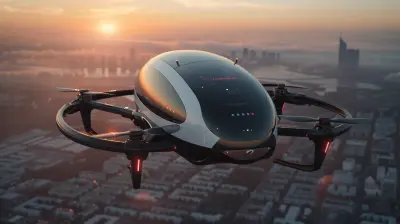Exploring the Role of Machine Learning in Healthcare Innovation
30 August 2025
When you think about healthcare, what comes to mind? Maybe doctors, nurses, hospitals, or even vaccines. But have you ever considered the growing role technology plays in keeping us healthy? Specifically, machine learning (ML) is now one of the most exciting and revolutionary forces driving healthcare innovation today.
Machine learning is no longer just about powering our smartphones or predicting the weather; it’s now getting into the nitty-gritty of one of the most important aspects of human life—our health. From diagnosing diseases earlier and more accurately to personalizing treatment plans for patients, ML is changing the way healthcare professionals work and how patients receive care.
But how exactly does this work? And what are the actual benefits? Well, buckle up because we’re about to dive deep into the fascinating world of machine learning in healthcare innovation.
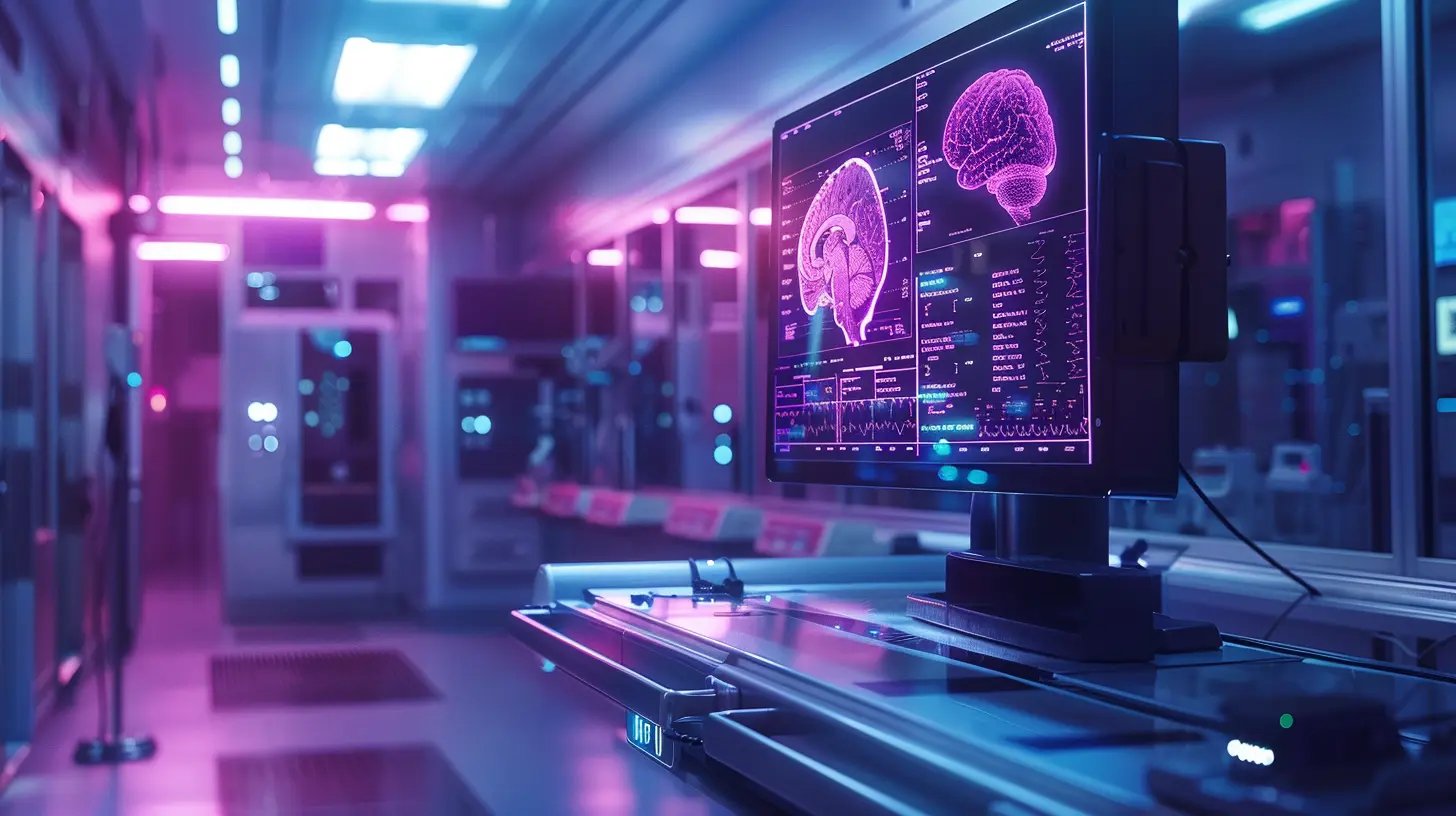
The Basics: What is Machine Learning?
Before we get into the juicy details of how ML is transforming healthcare, let’s take a quick pit stop to understand what machine learning really is.At its core, machine learning is a subset of artificial intelligence (AI) that allows computers to learn from data without being explicitly programmed. Think of it like teaching a child to recognize objects. You show the kid several pictures of, say, a dog, and eventually, the child knows that anything with four legs and fur might just be a dog. This is similar to what happens in machine learning—the system learns from examples (data) and improves its predictions over time.
Now, when this ability to learn and adapt is applied to healthcare, the results can be ground-breaking. In fact, machine learning is already making waves in areas such as diagnostics, treatment planning, drug discovery, and even administrative processes within healthcare systems.
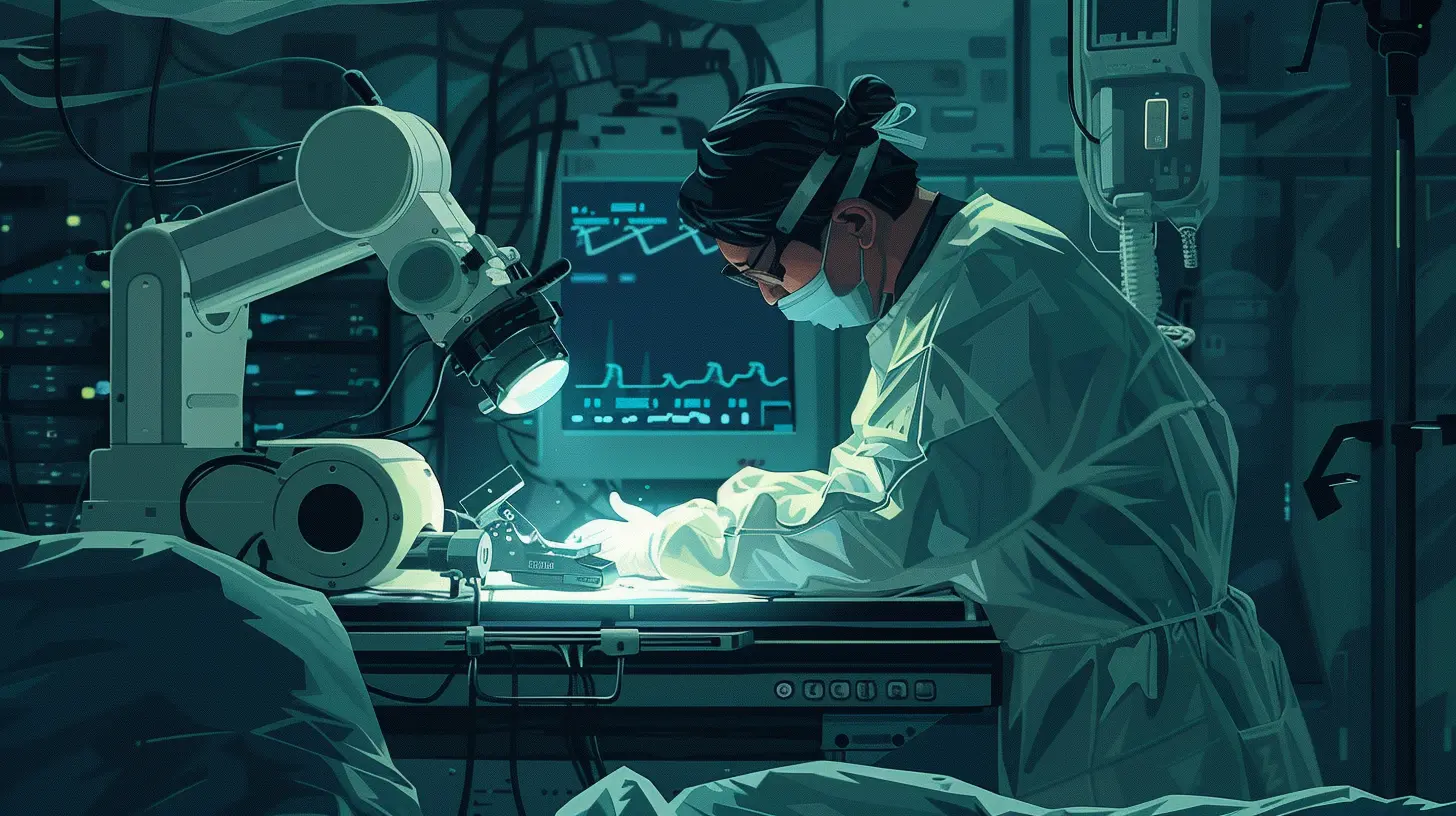
Diagnosing Diseases with Machine Learning
Let’s start with diagnostics. Imagine this: you walk into a doctor’s office with symptoms that could be linked to a number of diseases. Traditionally, your doctor would rely on their experience, knowledge, and some tests to figure out what’s wrong. But what if the doctor had the power of analyzing thousands (or even millions) of similar cases in an instant?That’s where machine learning comes in.
Early Detection and Accurate Diagnosis
By analyzing vast amounts of medical data, machine learning models can detect patterns that might be invisible to the human eye. These patterns can help identify diseases much earlier than conventional methods. For example, machine learning algorithms have been developed to detect early signs of conditions like cancer, Alzheimer’s, and even heart disease based on medical imaging, genetic data, or patient records.In some cases, ML can outperform human doctors in diagnostic accuracy. A study published by Nature found that machine learning models were able to diagnose breast cancer from mammograms with greater accuracy than radiologists. That’s huge because early detection can dramatically improve the chances of successful treatment.
The bottom line? Machine learning systems can offer quicker, more precise diagnoses, and that can be life-saving.
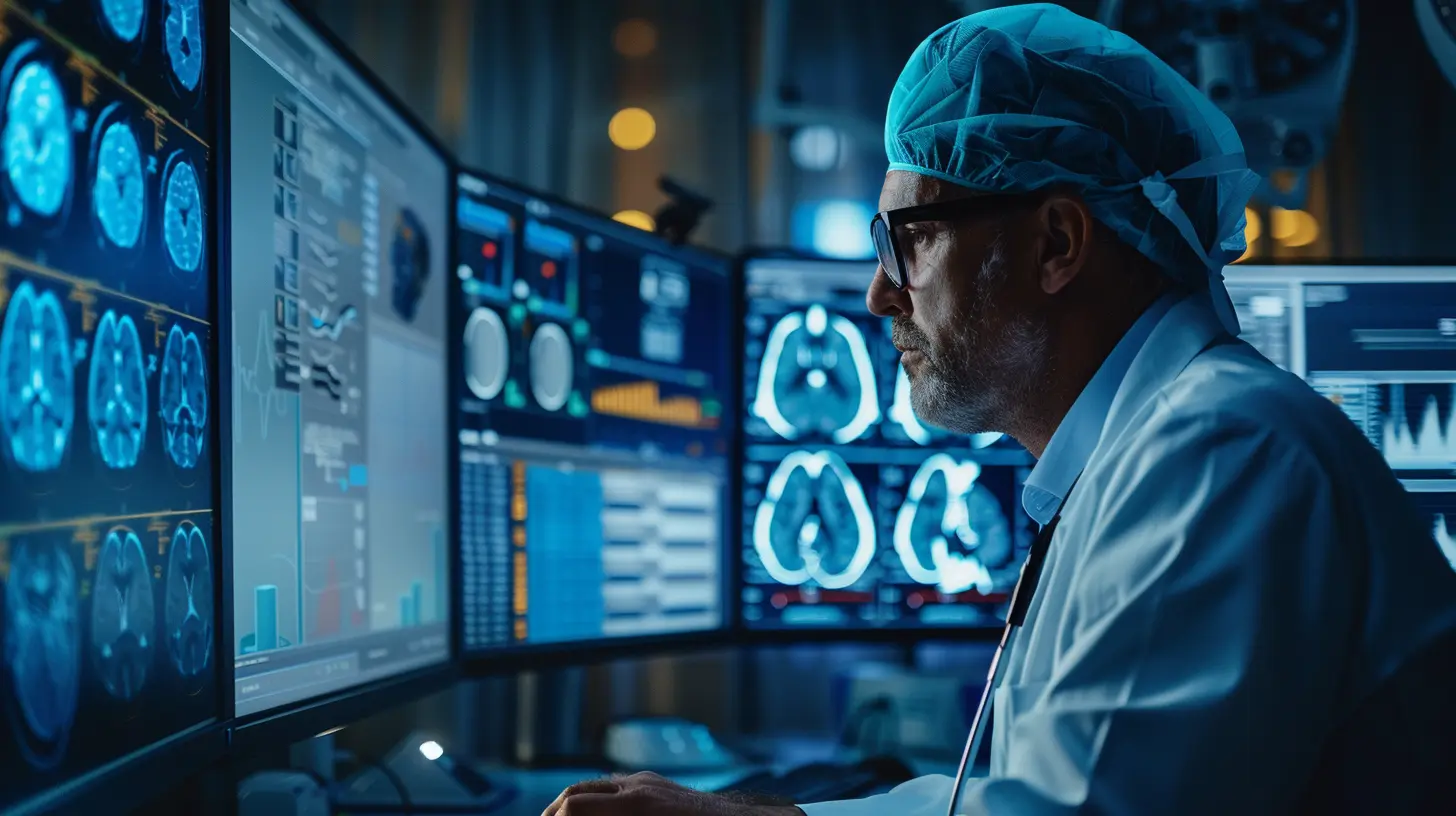
Personalizing Treatment Plans with Machine Learning
Not all patients are created equal. We each have our own unique genetic makeup, lifestyle, and medical history. So why should two people with the same condition receive the same treatment? They shouldn’t—at least not in an ideal world. Machine learning is making personalized medicine a reality.Precision Medicine
Machine learning allows healthcare providers to develop personalized treatment plans based on a patient’s unique characteristics. This is often referred to as "precision medicine." By analyzing genetic data, lifestyle factors, and even real-time health data from wearable devices, ML algorithms can predict how a patient will respond to a specific treatment.Let’s take cancer treatment as an example. Machine learning can analyze a patient’s genetic profile to determine which type of chemotherapy will be most effective with the least side effects. This is a far cry from the “one-size-fits-all” approach that has dominated healthcare for decades.
In essence, machine learning enables doctors to tailor treatments for each individual patient, increasing the chances of successful outcomes while minimizing harmful side effects.
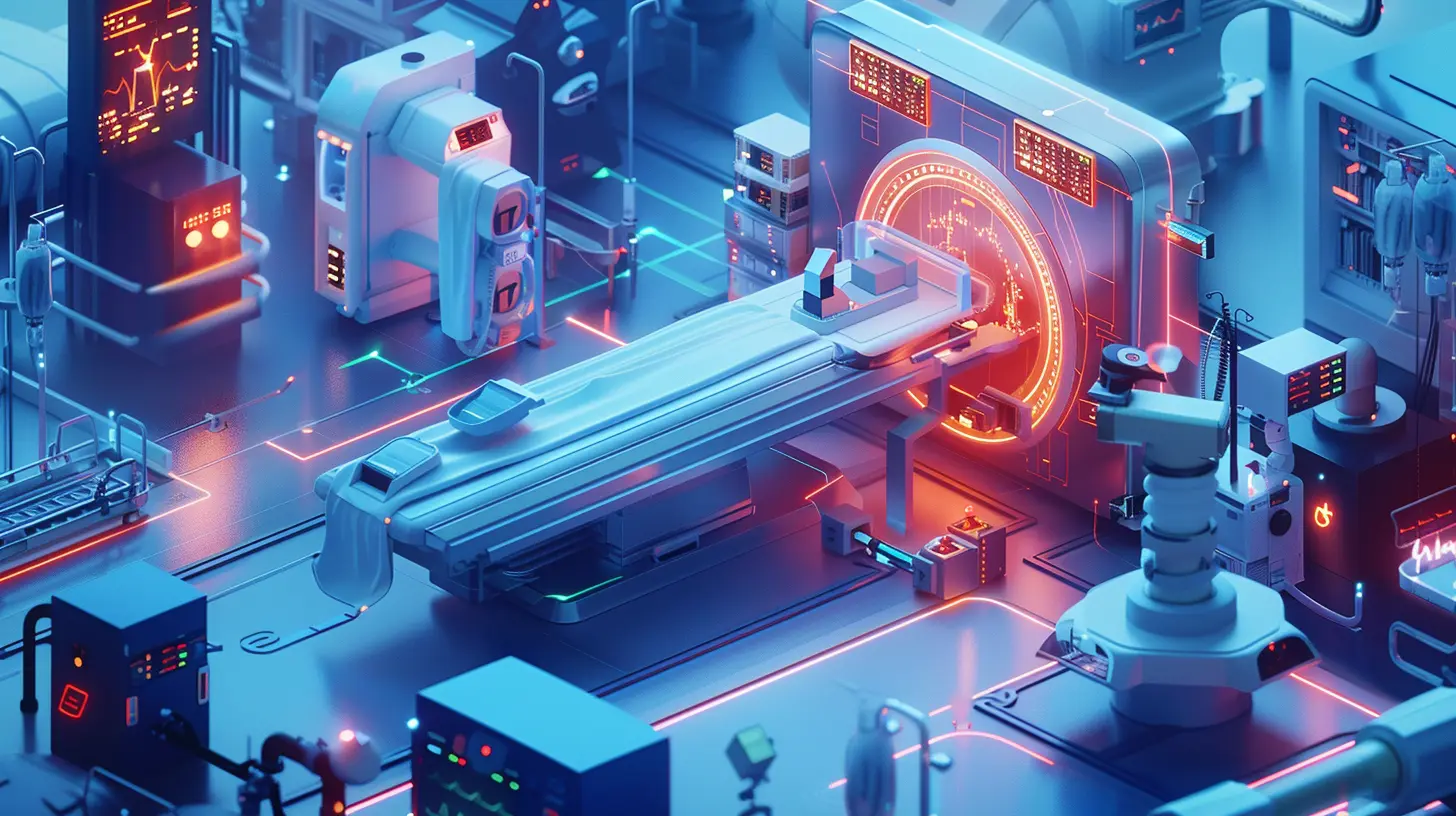
Drug Discovery and Development
Drug discovery is one of the most expensive and time-consuming aspects of healthcare innovation. It can take years, even decades, to develop a new drug, and the costs can run into billions of dollars. But guess what? Machine learning is speeding up this process and making it more efficient.Predictive Models for Drug Discovery
Traditionally, drug development has involved a lot of trial and error. Researchers would test thousands of compounds to find one that works, which takes forever. However, ML algorithms can sift through massive datasets to predict which compounds are most likely to be effective against certain diseases.For instance, machine learning models can analyze the molecular structure of compounds and predict how they will interact with disease-causing proteins. This approach reduces the time spent in the discovery phase and increases the likelihood of finding a successful drug candidate.
Accelerating Clinical Trials
Not only is machine learning useful in discovering new drugs, but it can also optimize the clinical trial process. By analyzing data from past trials and patient records, ML can help identify the best candidates for a trial, predict potential side effects, and even recommend optimal trial designs. This can significantly cut down the time and cost it takes to bring a new drug to market.Administrative Efficiency in Healthcare
Okay, so diagnosing diseases and personalizing treatments are clearly mind-blowing applications of machine learning. But ML’s role in healthcare isn’t limited to the medical side of things. It’s also making healthcare systems more efficient on the administrative front.Streamlining Paperwork and Reducing Errors
Let’s face it—healthcare involves a ton of paperwork. Whether it’s processing insurance claims, handling patient records, or scheduling appointments, administrative tasks can be a headache for healthcare providers. Machine learning can help automate these processes, reducing human error and making the system more efficient.For example, natural language processing (NLP), a branch of ML, can be used to analyze and categorize patient records, making it easier for doctors to find relevant information quickly. Similarly, ML algorithms can help with billing and coding tasks, ensuring that insurance claims are processed faster and more accurately.
Predictive Analytics for Resource Management
Ever been to a hospital and had to wait for hours because the ER was overwhelmed? Machine learning can help with that, too. By using predictive analytics, hospitals can forecast patient inflow, optimize staff schedules, and manage resources more effectively.For instance, during flu season, ML models can predict the number of patients likely to visit the hospital on any given day, allowing healthcare providers to allocate resources accordingly. This means shorter wait times for patients and less stress on healthcare workers.
Ethical Challenges and Concerns
As with any technological advancement, machine learning in healthcare comes with its own set of challenges. One of the biggest concerns is data privacy. Healthcare data is highly sensitive, and ensuring that patient information is protected is paramount. While machine learning offers incredible benefits, it also requires access to large amounts of data, raising questions about how that data is stored and used.Another concern is the potential for bias in machine learning models. If the data used to train these algorithms is biased (for example, if it only includes data from certain demographic groups), the results may not be accurate for everyone. This could lead to disparities in healthcare outcomes.
Regulation is another hurdle. While machine learning in healthcare is advancing rapidly, regulatory frameworks often lag behind. Ensuring that new ML-driven healthcare technologies adhere to safety standards and ethical guidelines is essential for widespread adoption.
The Future of Machine Learning in Healthcare
So, where do we go from here? Machine learning is undoubtedly a game-changer in healthcare, but we’re just scratching the surface of its potential. As more data becomes available and algorithms continue to improve, we can expect even more impressive breakthroughs.In the future, we may see fully AI-driven healthcare systems where machine learning not only assists doctors but takes on a more autonomous role. Imagine AI-powered virtual doctors diagnosing conditions and prescribing treatments in real-time. While that might sound like science fiction, it’s closer to reality than you might think.
Ultimately, machine learning is poised to make healthcare more personalized, efficient, and accessible for everyone. And if that’s not reason enough to be excited about the future of healthcare, I don’t know what is.
Conclusion
Machine learning is making waves in healthcare, from revolutionizing diagnostics and personalizing treatments to speeding up drug discovery and improving administrative efficiency. While there are still challenges to overcome, the potential benefits are undeniable. As machine learning continues to evolve, it will surely play an even more significant role in healthcare innovation, paving the way for a future where medical care is faster, more accurate, and more accessible than ever before.all images in this post were generated using AI tools
Category:
Machine LearningAuthor:

Adeline Taylor
Discussion
rate this article
1 comments
Knox Peterson
Exciting advancements! ML is transforming healthcare rapidly.
September 22, 2025 at 3:31 AM

Adeline Taylor
Thank you! I'm glad you found the advancements exciting—ML is indeed revolutionizing healthcare in remarkable ways.
